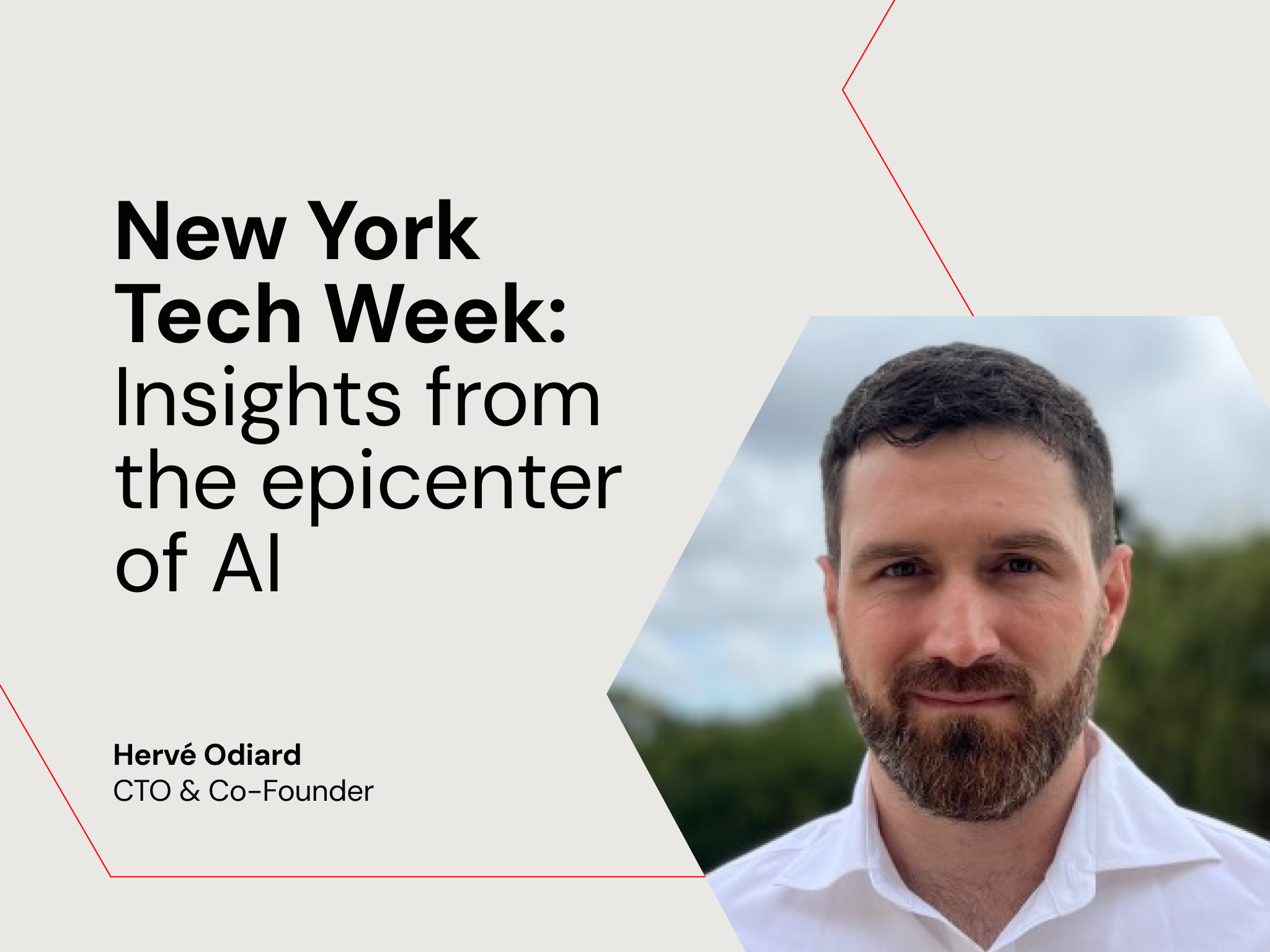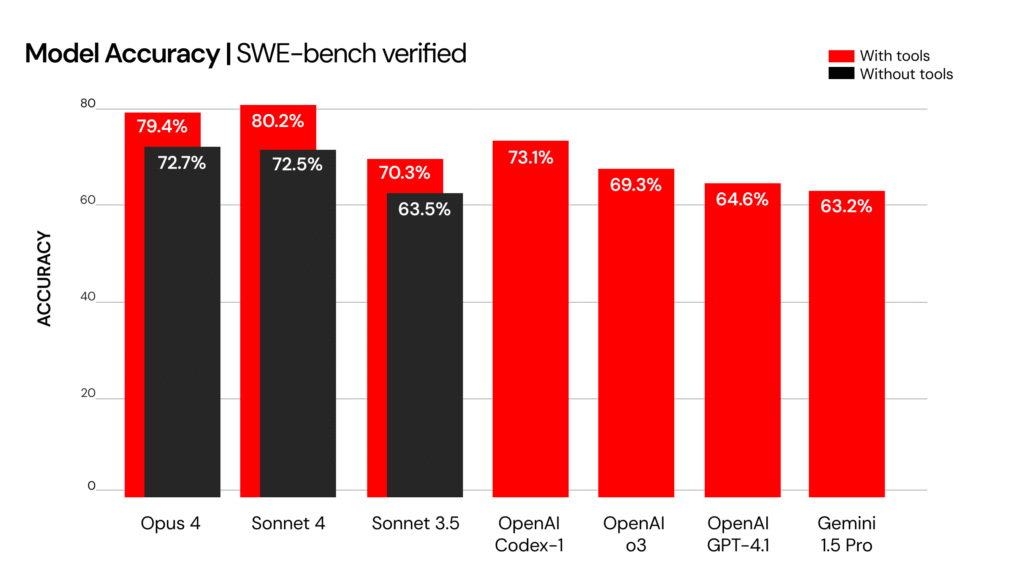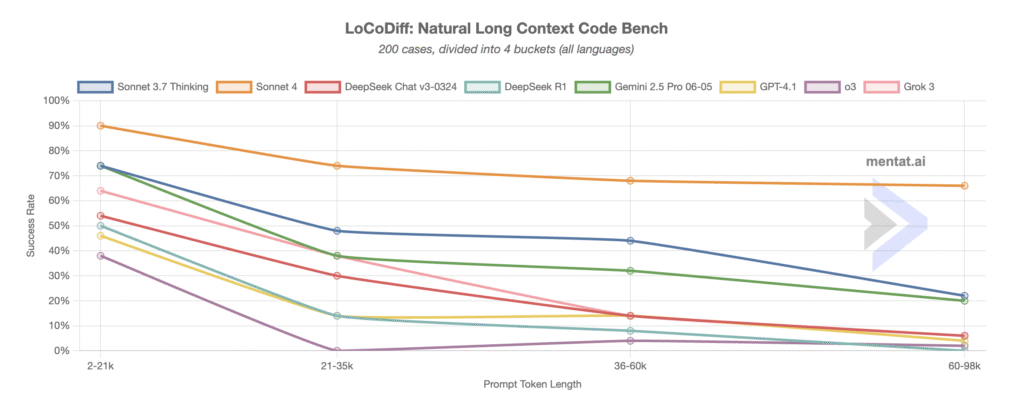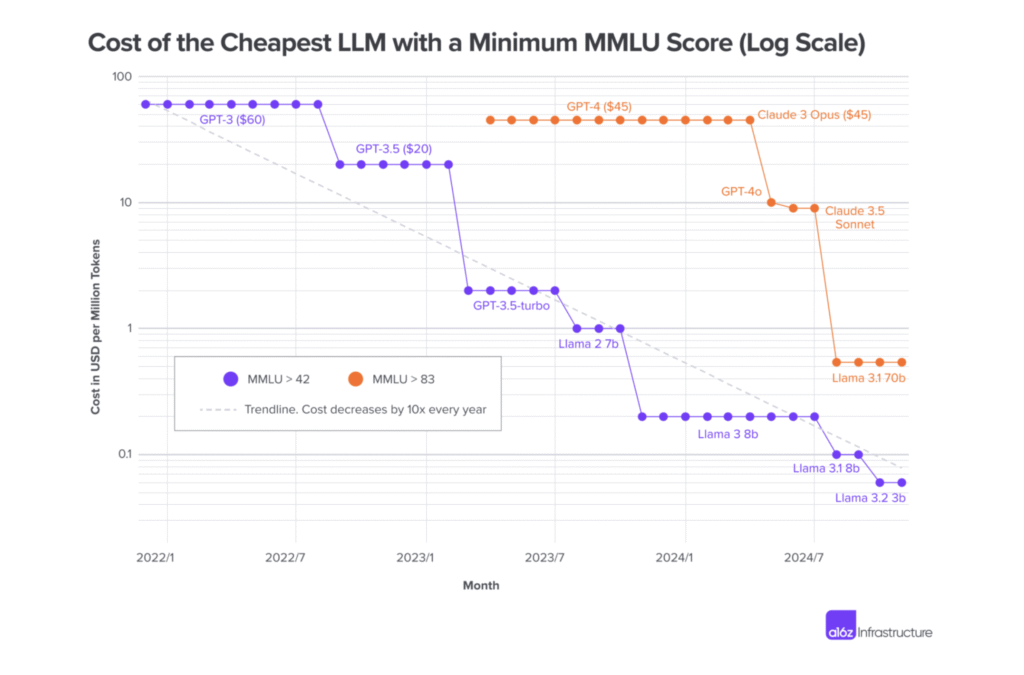New York Tech Week: Insights from the epicenter of AI

These days, the strategic conversation in tech is entirely dominated by the rise of advanced artificial intelligence (AI).
The advance of generative AI has sparked a deep technical and strategic debate. On one side, some argue that today’s capabilities in reasoning and problem-solving are the prelude to AGI (Artificial General Intelligence with human-level cognitive skills). On the other side, equally respected professionals point out that we’re still working within the bounds of probabilistic simulations of human behavior, with clear limitations in accuracy, reliability and control.
But both sides agree on one key point: we’re in the middle of a pivotal transition. Even with hallucinations, errors and unpredictable behaviors, today’s models are now useful enough to demand strategic action.
In an environment defined by constant disruption due to rapid advances, where traditional planning cycles are increasingly challenged, understanding these evolving trends is the first step in shaping effective business strategies.
The rapid evolution of AI Models
Among founders, CTOs and VPs at New York Tech Week, one theme came up repeatedly: the extraordinary speed at which these models are improving in terms of context awareness, reasoning and functional autonomy.
 Source: Anthropic AI Founder Salon
Source: Anthropic AI Founder Salon
The latest models are showing significant improvements on benchmarks designed to test general reasoning—handling a variety of tasks that require abstract comprehension, solving new problems and understanding the context without prior training.

These aren’t just incremental improvements—they mark a qualitative leap compared to previous generations that struggled with: logical consistency, breaking down complex tasks and following intricate instructions. Current models are beginning to overcome those limitations.
But this leap forward comes at a cost: many startups that built their products around small customizations based on existing models have already been left behind. Their solutions quickly became obsolete—replaced by more powerful versions.
AI model developers such as OpenAI and Anthropic are adamant: this trend will only intensify. The way forward is to build products and services with a strong differentiator rooted in domain expertise.
Inference cost are dropping to nearly zero
“Within reason, assume inference will drop to near nothing costs.” – Andreessen Horowitz

Inference costs are plummeting—and most leaders agree that this trend is here to stay. That’s why the saying “build for the AI of tomorrow, not today” is becoming more relevant than ever.
Lower costs are enabling broader access, making it easier for new players to enter the market. Just like in the digital revolution, “AI-native” businesses will have a distinct advantage over those forced to adapt their structures.
Either way, market pressure will be relentless: AI adoption is no longer optional. One of the most immediate frontiers? Deploying intelligent agents as the first point of contact between businesses and consumers.
Machine Customers: New Buyers, New Rules
AI agents aren’t just the next big thing—they’re giving rise to an entirely new kind of customer.
“By 2030, machine customers are expected to drive 22% of total revenue.” – Gartner
As AI becomes more autonomous, a new player is emerging in the digital ecosystem: the customer that isn’t a person at all, but a self-governing system. It’s a paradigm shift that’s already underway.
From real-time price comparisons to review summarization and even purchase decisions, intelligent agents are already influencing consumer choices. And this is just the beginning.
This shift raises critical questions: are your products ready to be evaluated, compared and selected by autonomous systems? Are your interfaces, pricing strategies and business logic designed for human decision-makers—or machine ones?
For companies, this will mean:
- AI agents must become enablers throughout the entire tech stack—not a side feature or experiment. The real value lies on how it integrates with a company’s core expertise, unlocking competitive advantages that are both meaningful and sustainable.
- In this new landscape, buying decisions won’t be made exclusively by humans. Automated agents will increasingly enter the market, comparing offerings, negotiating terms and making purchases without human involvement. In order to remain competitive, companies will need to optimize for these new decision-makers
What we’re doing at redbee
At redbee, we work with different clients from the banking, fintech and payment industries to redesign their core processes by applying AI to new experiences, products and business models. We’re helping them prepare for what’s next—not just adapt to what’s now.







